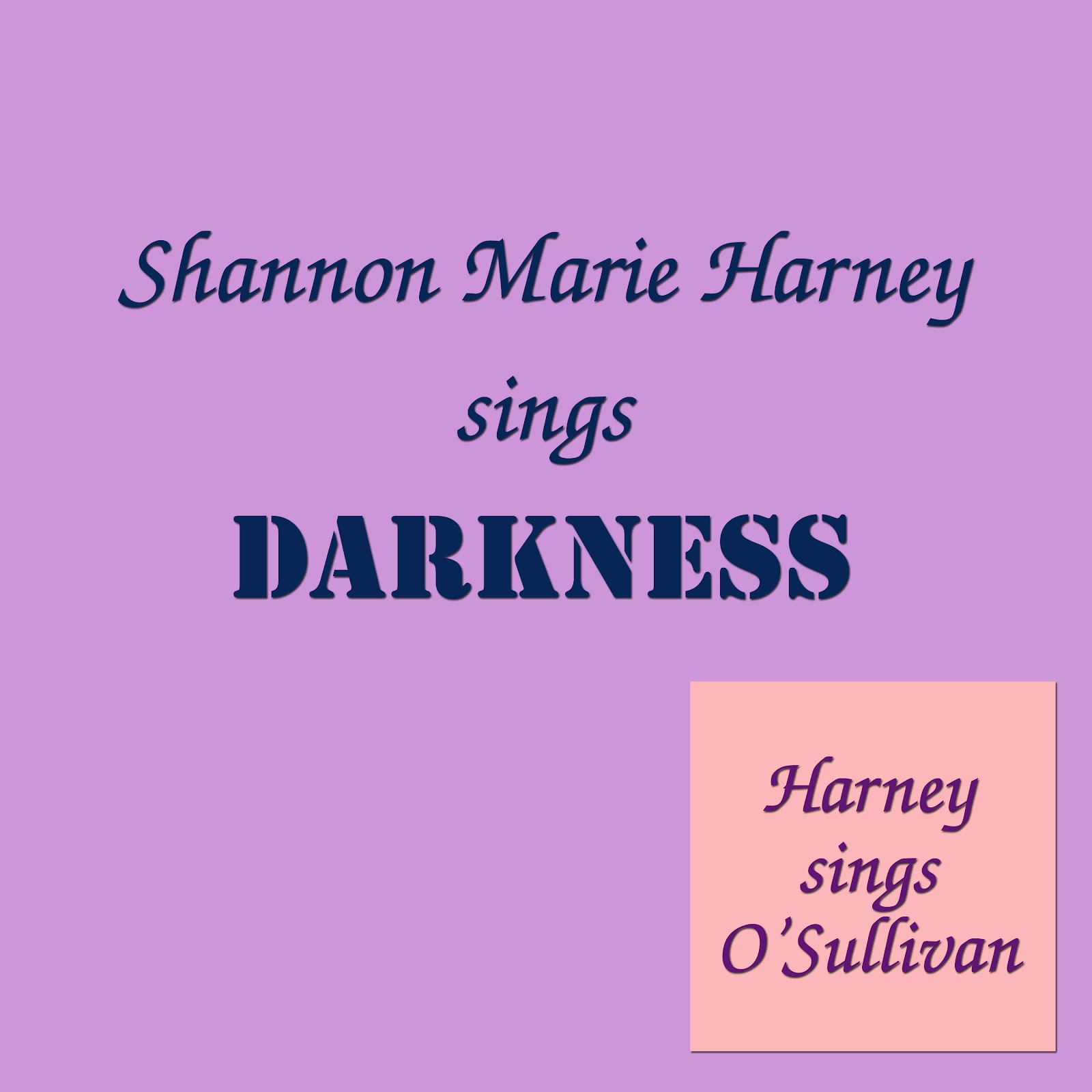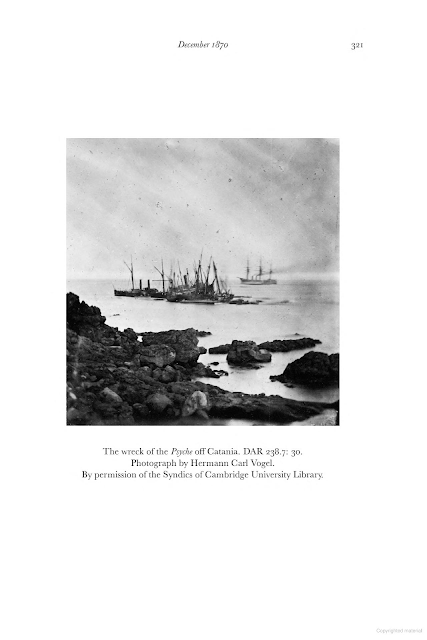Christmas Guest: Carol for Drums and Choir
Helleborus Niger - The Christmas Rose
Anyone active in music in England is aware of that extraordinary network of choirs, a subset of the ecosystems studied by Ruth Finnegan in her important book, The Hidden Musicians.
1. I have just noticed that Ruth Finnegan now has her own web site, which can now be a starting point.
https://www.ruthhfinnegan.com/the-hidden-musicians
I am re-reading her sections on choirs...
The possibility of my writing songs for choirs has been around, but has never quite come together - I am sad. But I am aware that I would need to spend much more time understanding the repertoire and the ecosystems...
2. As a case study...
A while back I was asked if I had a Christmas song for a choir. And, why not?
Thinking about Christmas songs, recurring themes, and talking and listening to people, as they remember Christmas, and value Christmas, and worry about Christmas...
I developed an idea about that extra plate on the table, the last minute guest - a person with nowhere else to go, because of tragedy or disaster, personal, political. On the receiving end of rough kindness.
I started with the line, 'He brings nothing to the feast...'
And began to structure a lyric.
3. And then Lyric Madness took over. I looked at my opening, and thought, Why am I adding words to add meaning? Could I not add meaning by taking words away?
And that is what I did, hewing the opening quatrain, 'He brings nothing to the feast...' so that each of the four lines could be halved.
To make a new more compact four line verse.
And then halved again. And then halved again.
So that I had created four quatrains. Each one clearly developed from the quatrain before, but each one with a different meaning. And a different line length.
And the last one, the most compact, lists the things that the Christmas Guest did bring to the feast.
4. So, four very different quatrains, with four different line lengths - difficult to set as one song. Maybe it is really a sequence of four songs? Four different songs, with four different moods.
How to impose unity? Because there is unity, unity of thought and unity of narrative.
At this point we might just call in The Lone Arranger. But those days are gone, or, at least, disrupted.
And I already had a vision, partly based on those conversations with choirs - see above. It was a theatrical vision - what I wanted to see on the stage.
So, this became...
Christmas Guest: Carol for Drums and Choir
I created the four melodies for the four songs, and, with the help of Danny Yates and Shannon Marie Harney, created an arrangement.
Some details we had to return to, when first thoughts did not work. For example, to clarify the story, I created more theatre - including the Jovial Man (God, he is annoying!), and the white phone. With that distinctive sound.
Every choir has its Jovial Man. Or Woman.
The keyboard signals the ways in which the choir might 'vocalise' its interludes, and the drums impose drive, unity and structure.
There will be other ways of doing all this - for example, I did think of developing the four 'songs' further, by giving one song each to the four voices of the choir.
If someone lends us a choir...
But the result now is 'Christmas Guest'
- perhaps the bleakest Christmas song ever written...
In some theologies of Christmas there is that sense of foreboding. See also, Matthew 25:31-46, Whatever you did for one of these least brothers of mine, you did for me.
5.
'Christmas Guest' on YouTube...
This is Christmas Guest on Spotify
https://open.spotify.com/track/41l1sHcY1yOBcuqqJLu3L6
It is worth listening on one of the better platforms - to hear the uncompressed audio...
When I shared these thoughts, above, with Shannon Marie Harney - she understood perfectly...
Patrick O'Sullivan
December 2022
Christmas Guest: Carol for Drums and Choir
He brings nothing to the feast but fears and woes.
His hollow eyes say everything that can be said.
His broken hands reach out to touch the Christmas Rose.
His hunger knows to sing, and waiting to be fed.
He brings nothing to the feast.
His hollow eyes say everything.
His broken hands reach out.
His hunger knows to sing.
He brings nothing but
His hollow eyes,
His broken hands.
His hunger knows.
He brings
His eyes,
His hands,
His hunger.
© Patrick O'Sullivan 2022




